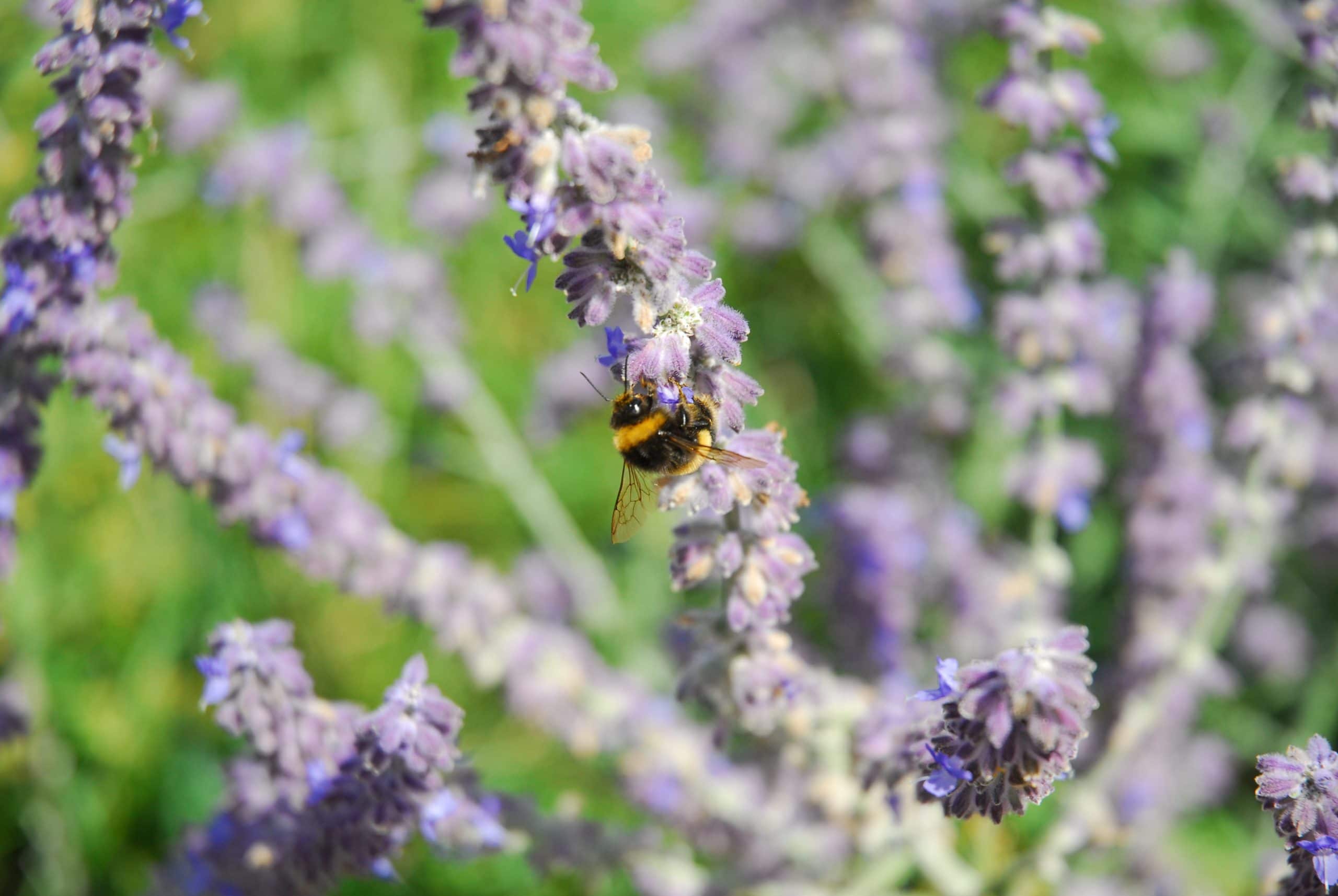Many studies have now reported that invertebrate populations around the world are experiencing a sharp decline. In the most recent report, the invertebrate biomass in Puerto Rico’s Luquillo rainforest has been found to have dropped by 60 times compared to data collected in the 1970s. The number of animals that eat insects are dropping too.
Another study conducted in 2014 found that the population of invertebrates like beetles and bees decreased 45 percent worldwide over the past 35 years. An additional study in German nature preserves found decreases in flying insects of 76 percent over the last 30 years, and their results pointed to pesticides and habitat loss. Invasive species and pathogens are also a threat to arthropods.
In the newest report, published in the Proceedings of the National Academy of Sciences, the authors note that the forest temperature has risen 2 degrees Celsius on average and the average high has risen by 4 degrees Celsius. They attribute the losses in invertebrates to this climate change. After a certain temperature is reached, tropical insects do not lay eggs, and they begin to break down as a result of their inability to regulate heat.
David Wagner, an entomologist who was not involved in the study, says, “This study in PNAS is a real wake-up call—a clarion call—that the phenomenon could be much, much bigger, and across many more ecosystems. This is one of the most disturbing articles I have ever read.”
Anole lizards of the Luquillo rainforest were also trapped as part of the new study and were found to have dropped by 30 percent since the 1970s; some anole species have disappeared completely. Another team had captured birds and frogs in the rainforest in 1990 and 2005; the comparative populations dropped by 50 percent. Some birds that relied on fruit and seeds experienced no decline, while others that rely mainly on bugs declined by 90 percent.
There is no one obvious and consistent reason for the dramatic worldwide diminishing of insect species and the animals that rely on them, but instead there are many culprits. Regardless of the cause of the insect decline in each area, we should be very aware by now that it is happening.
When the U.N. reports that the world has about a decade to change our behaviors that lead to climate change, it is easy to get discouraged. Although there is not much in the way of action on the national level, once our food supply is affected, the reality will be unavoidable. Instead of giving up, we must all change how we treat our home. We have been given dominion over a world that is in urgent need of renewal this very moment. It is up to us all to make it so.
Reality Changing Observations:
1. What are some ways as individuals that we can protect the health of our ecosystem?
2. What aspect of environmental degradation is being addressed by your local and national governments now?
3. What role can corporations play in reversing the effects of climate change?





